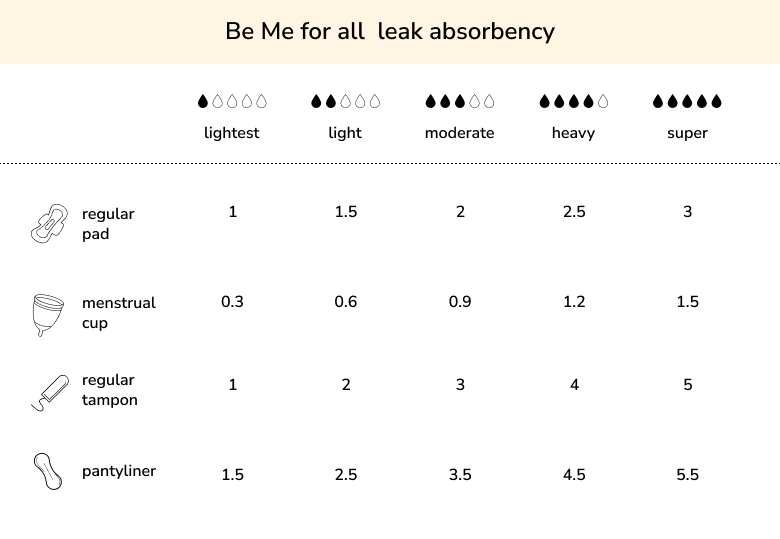
Blood Clots During Your Period: What's Normal and What's Not
Published At
The real deal is periods can be unpredictable, chaotic, messy, and full of surprises and one thing that might catch your eye is the blood clots. Though they look alarming to an extent they are normal. Now, the real question is what's normal and what's not when it comes to period blood clots.
Let's break it down.
What are period blood clots?
First thing first: what are blood clots during periods? A gel-like blob of coagulated blood, uterine lining, and tissues is called a menstrual blood clot. Blood clots usually happen on the heavier days of your cycle and are often no bigger than a quarter. This is your body's way of managing the heavy flow, so, do not panic when you see a clot or two- your body is just minding its business, literally.
Know what's normal.
Period blood clots that are the size of a raisin to a quarter that show up occasionally during your periods are normal. This usually happens on day one, two, or three of your menstrual cycle such clots might be darker in color which is just the old blood making its exit. Thus, do not panic when you notice such period blood clots, because until and unless they are frequent and not causing any discomfit or extreme change in your menstrual cycle, it is bloody normal.
When you should be concerned?

Now, let's talk about when these red blood clots could be a red flag. Larger blood clots the size of a golf ball, bigger than a quarter, and frequent throughout your period can be a sign that something else is going on inside you which is not normal. If you find yourself changing pads or your period panties every hour or passing out large blood clots, you must consult a doctor.
Reasons for abnormal blood clotting:
Uterine fibroids: These fibroids are non-cancerous growths in your uterine that can lead to a heavy menstrual cycle and therefore clotting.
Hormonal imbalances: Conditions like thyroid or PCOS make your body produce high estrogen which results in thicker uterine lining and heavy periods with blood clots.
Endometriosis: When uterine lining grows outside the uterus it causes endometriosis which leads to heavy periods and large blood clots.
Blood clotting disorder: Diseases like Von Willebrand can affect how your blood clots resulting in a heavy menstruation cycle.
How can you handle it?

To tackle your blood clots during periods like a champ so that they don't happen, these are the things you can do:
Keep track: Start keeping track of your periods, notice how frequently so you spot blood clots, how big they are, and whether your flow is heavier than usual.
Consult a doctor: If you notice your blood clots are larger, frequent, and accompanied by symptoms like cramps and dizziness you should consult with a doctor immediately.
Diet and Exercise: Apostle Paul wasn't joking when he said "Your body is a temple", ladies, worship it. Maintaining a good diet plan followed by regular exercise can balance out your hormones which might reduce your blood clotting.
The Bottom Line
So, the next time you see a clot do not freak out your body is just doing its thing but if you feel like things are getting extra consult a healthcare professional. After all, you have got this - like always.









